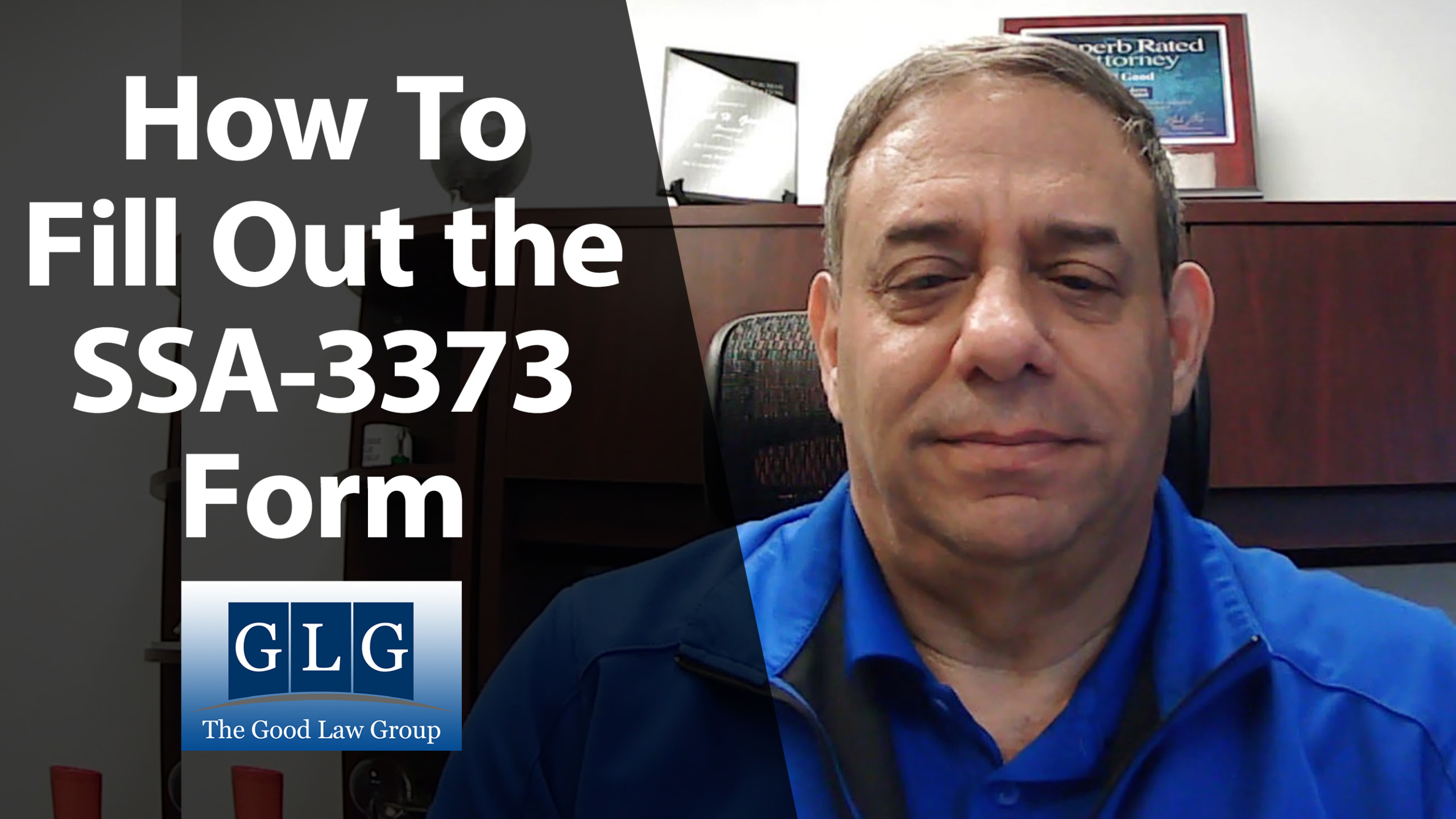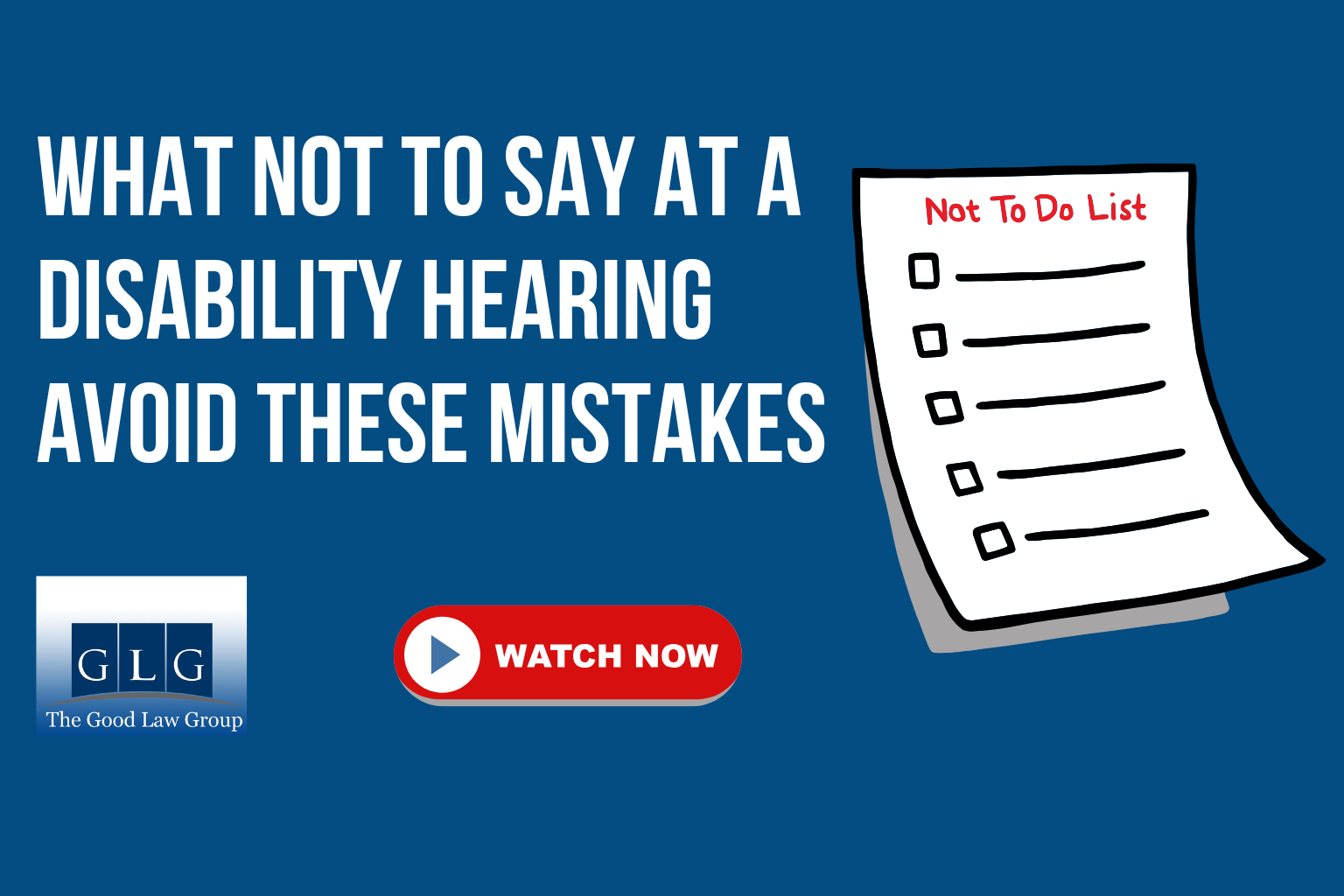What are some factors that help you win a SSD case? Learn about how to help your case and the factors that claim examiners look for.
Potential applicants for Social Security disability benefits often wonder – what SSD cases are most likely to win? While many people would love an answer to that question, it is hard to say whether one medical condition is more likely to win disability benefits over another. This is because what truly matters is not the name of an applicant’s condition, but rather what limitations the condition imposes on the applicant.
Knowing Truth from Fiction – Your Condition Does Not Have to be In the Blue Book
One myth that many people believe is that applicants who have medical conditions listed in the Social Security Administration’s Blue Book win SSD cases most often. The SSA has a list of impairments known as the Blue Book that details conditions that automatically qualify for disability benefits. However, not every medical condition is listed in the Blue Book and it is possible to receive benefits for a condition that is not on this list.
In actuality, most people who receive SSDI and SSI benefits do not have a condition that meets the requirements of a condition listed in the SSA’s Blue Book. This is because the Blue Book represents only the most severe disabilities that are eligible to receive fast-tracked disability determinations. When an applicant has a medical condition that is not listed in the Blue Book, the SSA will consider whether the applicant has a condition of equal severity to one on the list and will grant disability benefits if the unlisted condition merits it.
Factors That Win SSD Cases
The truth is that any SSD case can win so long as the SSA believes the applicant’s ability to work is substantially affected by a medical condition. As a result, certain factors in an SSD case make a big difference in whether an applicant will win disability benefits.
Your Medical Evidence
Ultimately, having good medical evidence will have a huge impact on an applicant’s SSD case as cases that win usually are better documented. Good medical records help claim examiners more easily evaluate an applicant’s case and help them determine how an applicant is affected by his or her medical condition. Without good medical records an applicant simply does not have sufficient documentation of his or her symptoms and limitations.
Good medical evidence from a doctor also provides an examiner with trustworthy information on which to base his or her decision. Most of time, simple statements from employers and relatives about an applicant’s disability are not useful for claims examiners in making SSD determinations. Claims examiners want to see strong and detailed supporting evidence from doctors that show exactly why an applicant is disabled and needs benefits. For more information on what constitutes an acceptable medical source when it comes to medical evidence, see the SSA’s Evidentiary Requirements. Having good medical evidence will have a huge impact on the success of an applicant’s SSD case.
Be Persistent
Statistics show that about 70% of initial applications for Social Security disability benefits are denied. Appealing an initial denial greatly increases the chance that an applicant will ultimately win his SSD case and be awarded benefits. As a result, one of the worst things an applicant can do is give up on their claim in the beginning of the process.
If you have recently been denied Social Security disability benefits or are applying for the first time, consider experienced help for your case. Contact our office online or call #(847) 577-4476 for a free case evaluation.








